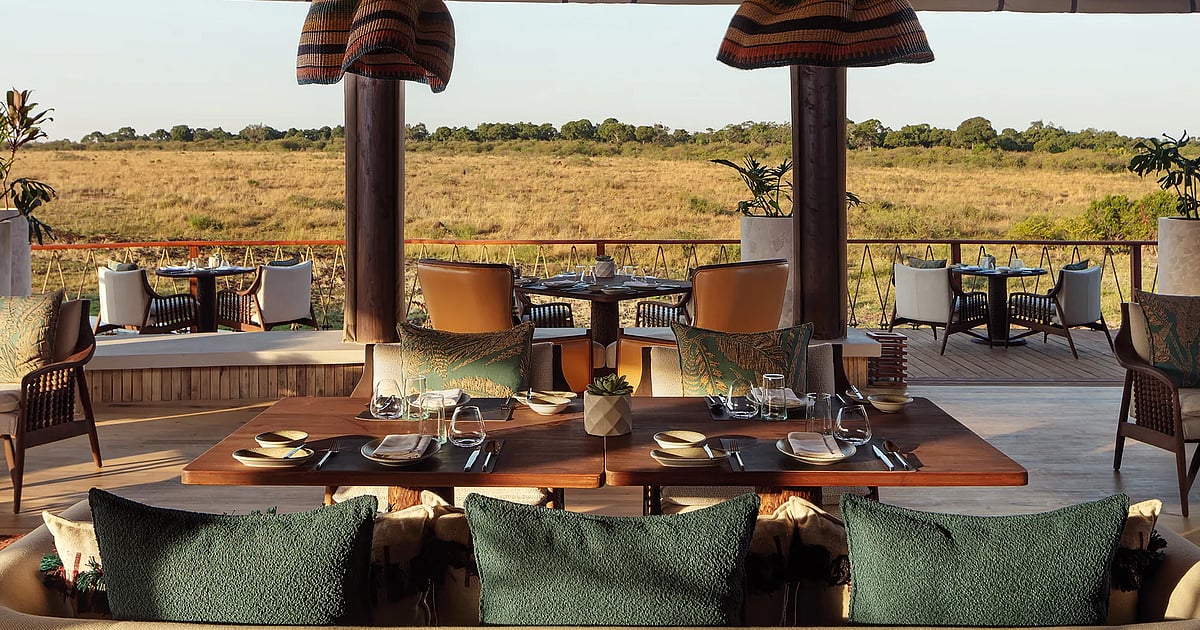Narok County, which adopted a management plan in 2023 calling for a moratorium on new tourism developments until 2032, has publicly defended the project as lawful and aligned with conservation goals.
Ecologists, however, have expressed concerns over the ecological risks of building in such a sensitive corridor. Joseph Ogutu of the University of Hohenheim called the construction on the Sand River “highly ill-advised,” while Grant Hopcraft, an ecologist at the University of Glasgow, warned it could have “large and long-term ecological implications” for wildlife. Many species in the reserve have already seen population declines of over 80 percent since the 1970s.
The case highlights broader tensions between luxury tourism and local Maasai communities, who argue that development disrupts their land, livelihoods, and cultural practices. Unlike specialist safari operators with long histories of conservation and community engagement, Ritz-Carlton is new to the region, raising concerns that profitability pressures could take precedence over ecological and community commitments.
The lodge, with nightly rates starting at $3,500 per person, offers plunge pools, personalised butler service, and close proximity to wildlife, underscoring the tension between high-end tourism and conservation priorities.
With the court set to hear the matter this week, the Ritz-Carlton Masai Mara has become a focal point in debates over sustainable tourism in East Africa, testing whether global hotel brands can balance luxury offerings with ecological and cultural imperatives.
